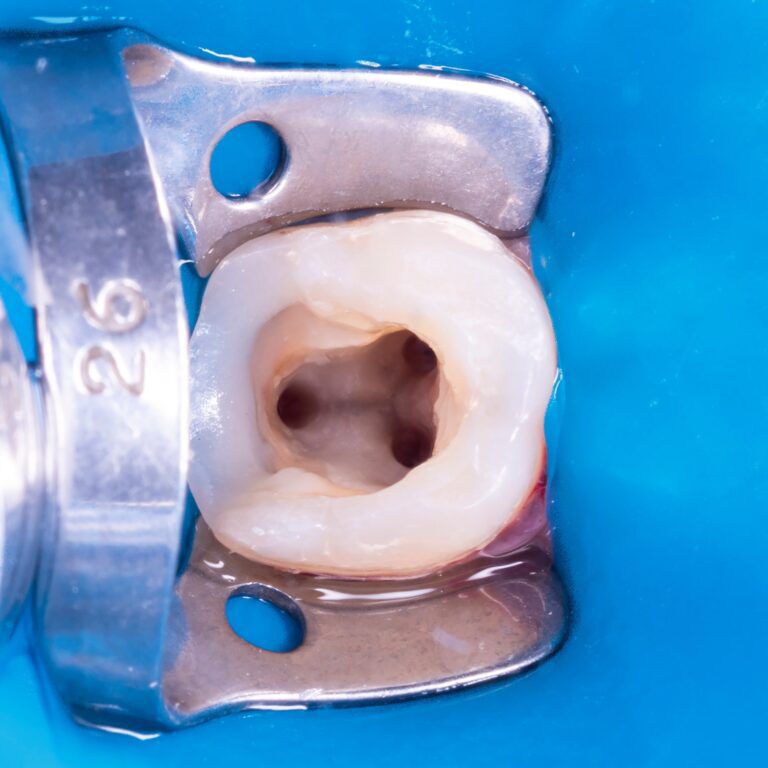Root canals are crucial procedures for saving teeth that may have become infected. Traditionally, this treatment involved removing infected tissue from inside the tooth, filling the empty space, and placing a dental crown. The need for a root canal can only be determined by your dentist, however if you’re experiencing tooth pain, contact your dentist as soon as possible. In the meantime, here are three things you should know before undergoing a root canal:
Root Canals Reduce Tooth Pain

When bacteria erode through the enamel and dentin layers of your teeth, they can become trapped within the pulp tissue of your teeth (the soft inner core). As the bacteria begins multiplying this causes an infection known as pulpitis. Pulpitis causes inflammation within the tooth that inevitably ends up putting pressure on the tooth’s nerve, resulting in pain and tooth sensitivity.
A root canal relieves this pressure by removing infected tissue from inside your tooth. By removing the infection, root canals also stop the inflammation inside the tooth. Although it can take a few days for the inflammation to completely subside, most people experience a significant relief in pain after having a root canal.
Root Canals Prevent Tooth Loss
Besides causing pain and inflammation inside the tooth, pulpitis can also cause the loss of the affected tooth when left untreated. It can also spread to the neighboring teeth and can cause them to be lost as well. This is because the only way to treat a pulp infection is by physically removing the infected tissue.
Root canals save teeth because they allow you to keep your natural tooth in place while removing the infection deep inside it. A root canal can prevent you from losing a tooth to decay or damage due to endodontic infection. Preserving your natural teeth is the best decision for your oral health and root canals allow you to safely keep your natural tooth despite significant decay.
Root Canals Require Dental Crowns
Without the support of dental crowns, teeth that have undergone root canals tend to become more susceptible to decay and breakage due to their weakened structure. This is because the inside of the tooth is empty following a root canal. In most cases, an empty tooth will be filled with a rubber-like material known as gutta-percha, however this does not provide enough support.
Dental crowns protect your tooth by covering it with an artificial cap made from porcelain or metal, making them stronger and more durable. They also provide your tooth with added protection against future infections. Dental crowns are a permanent solution for rebuilding the strength and structure of teeth that have undergone root canals. Nowadays, they are also made from quality dental materials that have a natural appearance.
Root canals are a crucial procedure for saving teeth that may have become infected. This treatment involves removing infected tissue from inside the tooth, filling the empty space, and restoring the tooth with a dental crown to prevent future decay or damage. Root canals also relieve pain by stopping inflammation in your tooth and preventing it from becoming lost due to infection. If you’re experiencing pain while chewing food or feeling sensitivity when drinking hot beverages, contact your dentist as soon as possible so they can determine if you need a root canal!



